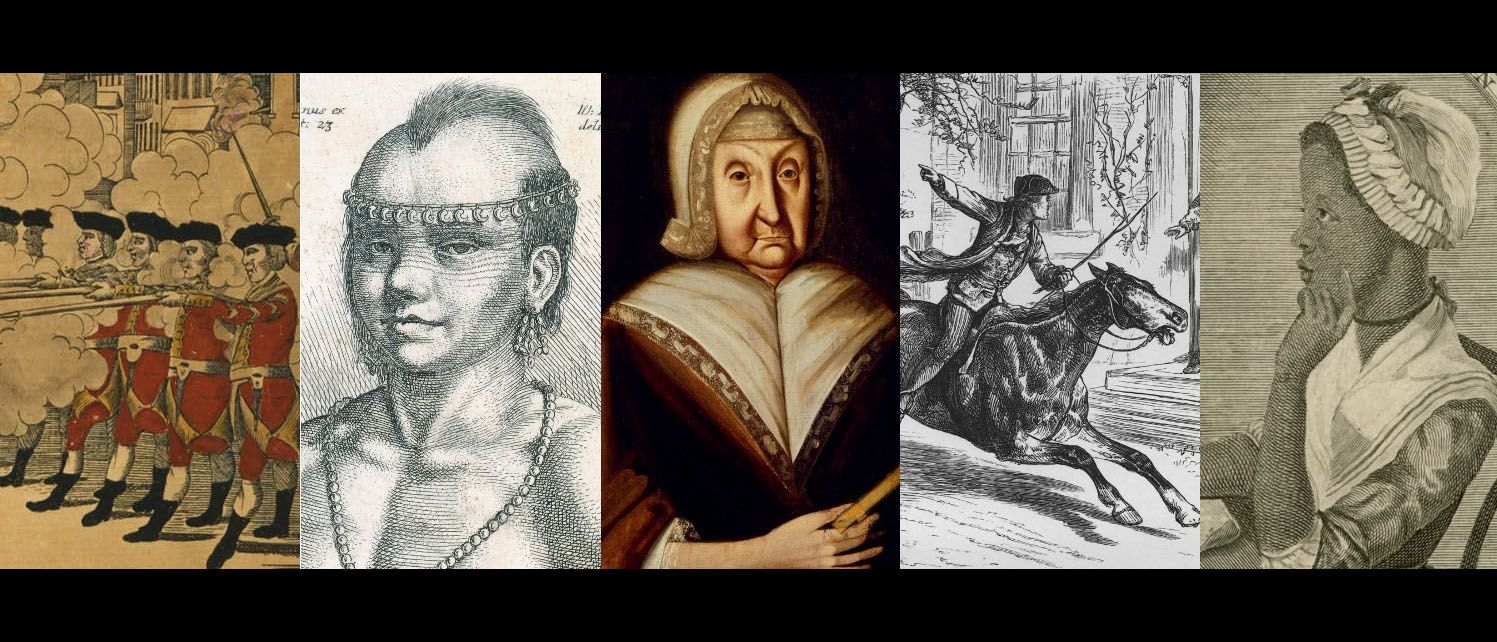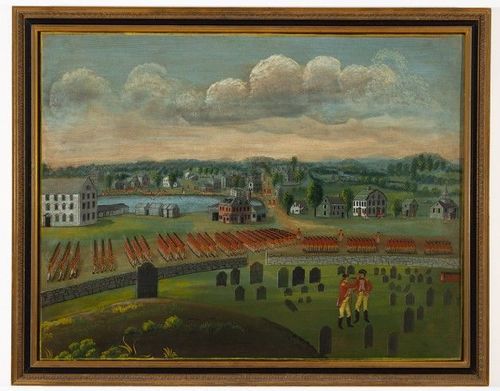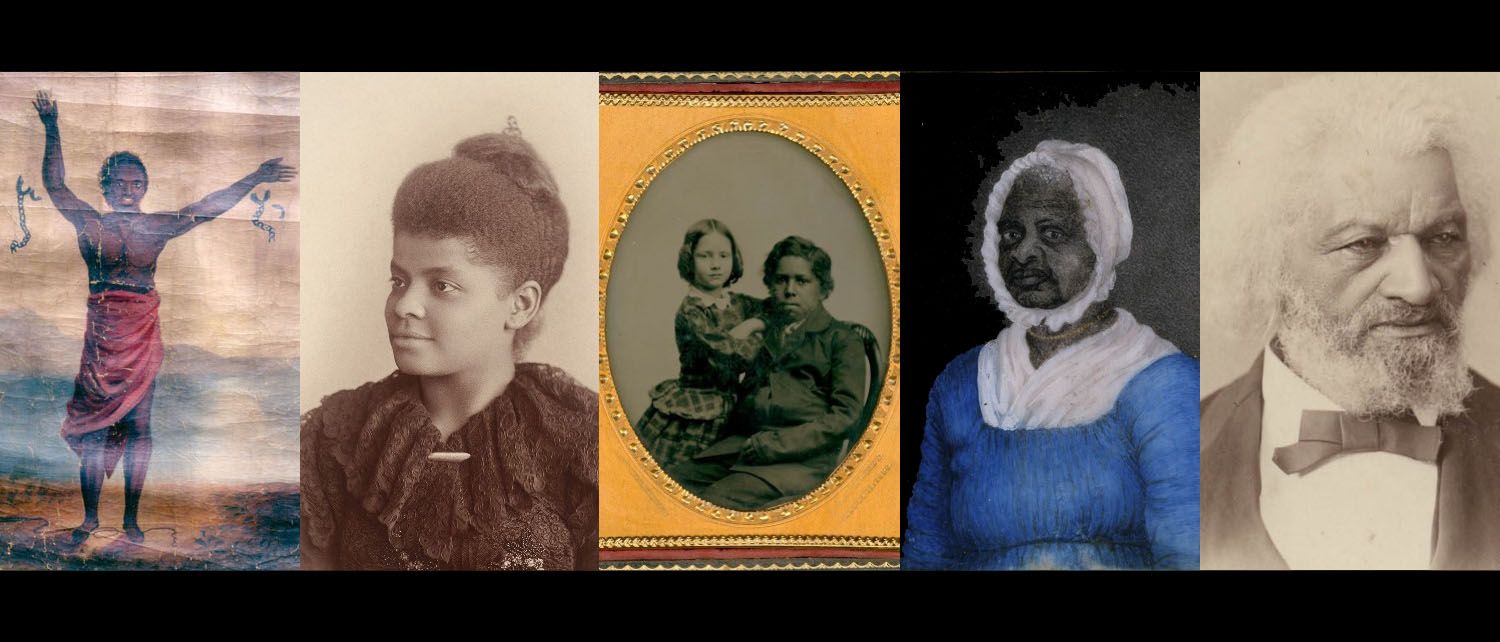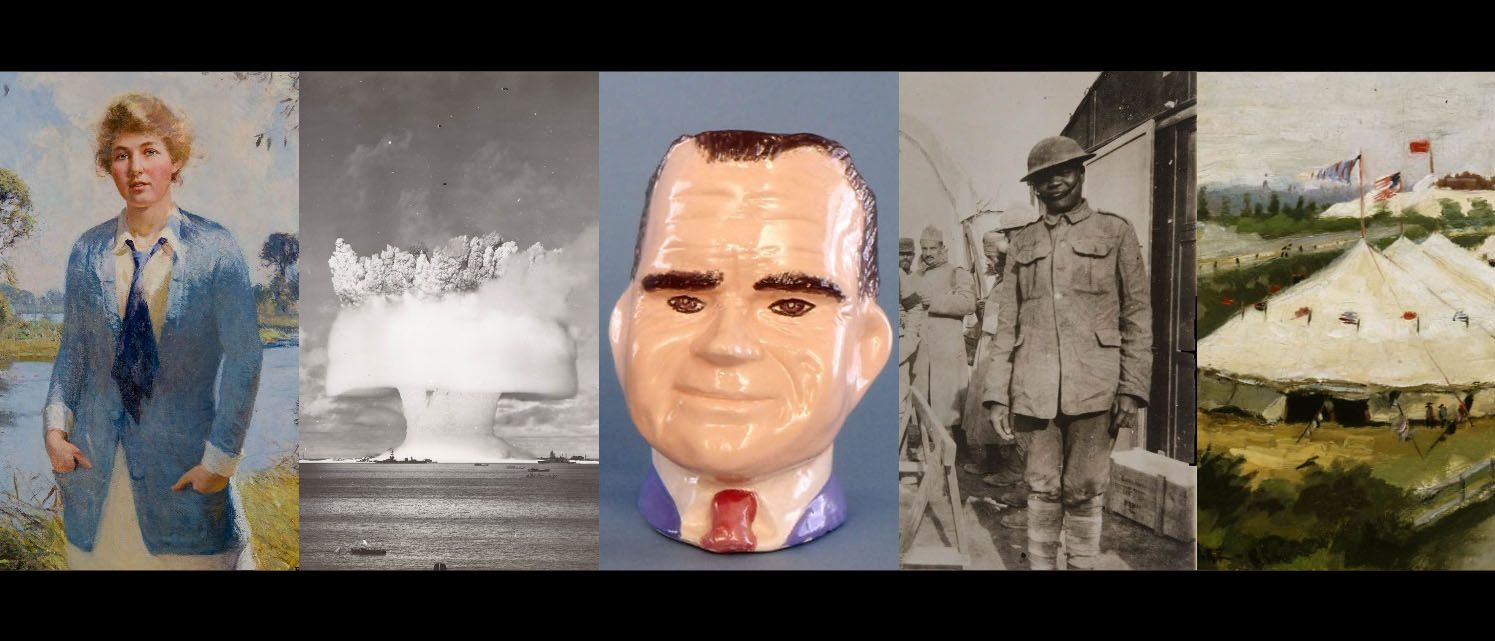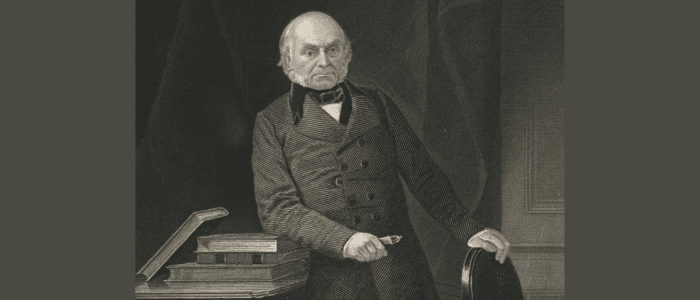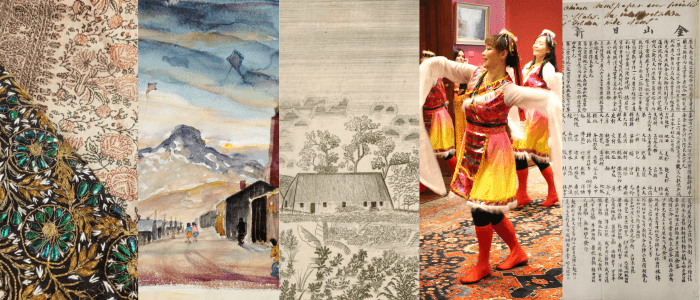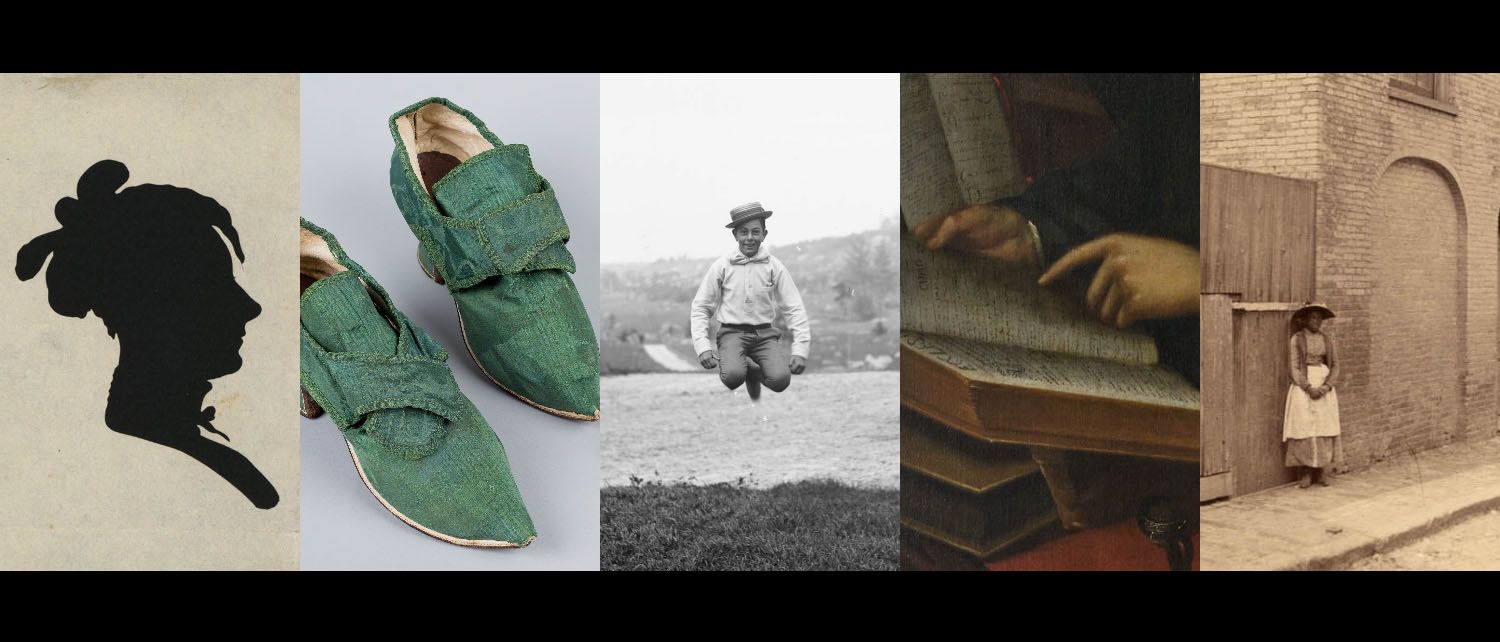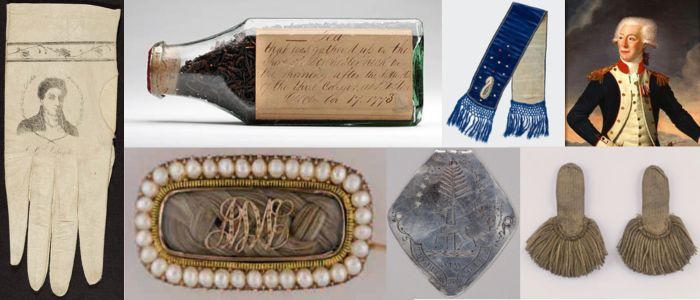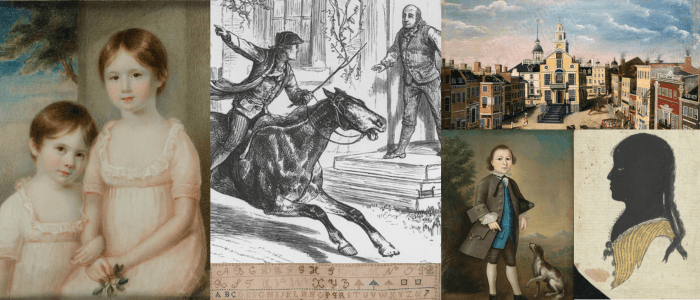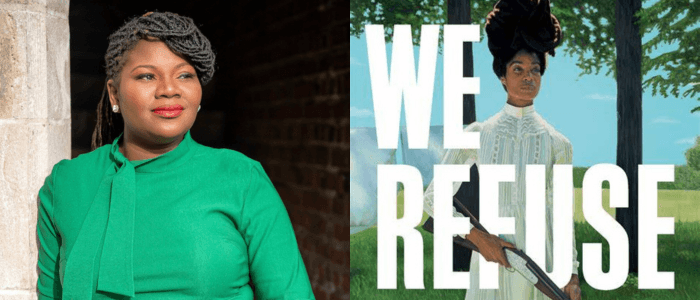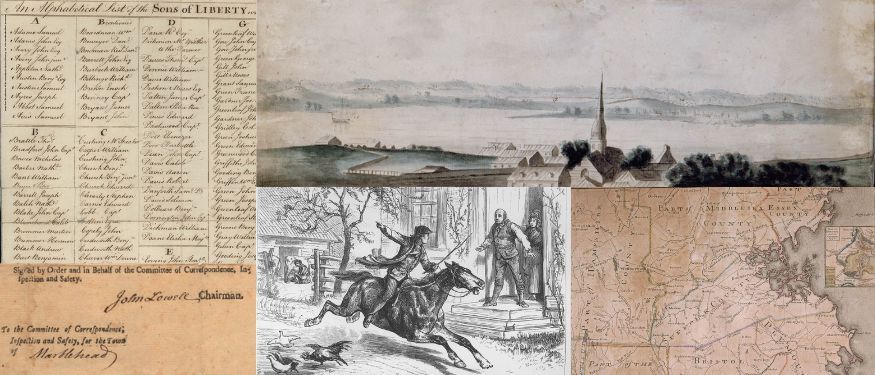Event
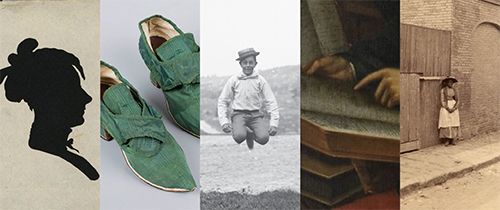
Family Romance: John Singer Sargent & the Wertheimers
Jean Strouse, Biographer
In conversation with Natalie Dykstra, Hope College
The New England Biography Series is proud to present a conversation with the renowned biographer Jean Strouse about her newly published group portrait of painter John Singer Sargent and the twelve subjects of his largest commission, the Wertheimers of London. Brisk, deft, and as stylish as any Sargent likeness, Family Romance offers what her previous books on Alice James and J.P. Morgan so effectively provide—an intimate account of individual lives that also evokes a panoramic social milieu. In these pages, a restless age comes to vivid life. Join Jean Strouse in conversation with Natalie Dykstra about Sargent and his subjects and about the art of biography.
Join the conversation at the New England Biography Series. By providing an opportunity for those interested in the craft of biography to convene and converse, this series creates a community that will support biographical works in progress and help inspire future projects. Learn more.
Purchasing a $25 seminar subscription allows you to support the seminar series. Subscribe at www.masshist.org/research/seminars.
Hybrid Event
The in-person reception starts at 4:15 PM and the program will begin at 5:00 PM.
Masks are optional for this event.
The virtual program begins at 5:00 PM and will be hosted on the video conference platform, Zoom. Registrants will receive a confirmation message with attendance information.
By registering you are agreeing to abide by the MHS Visitor Code of Conduct.
